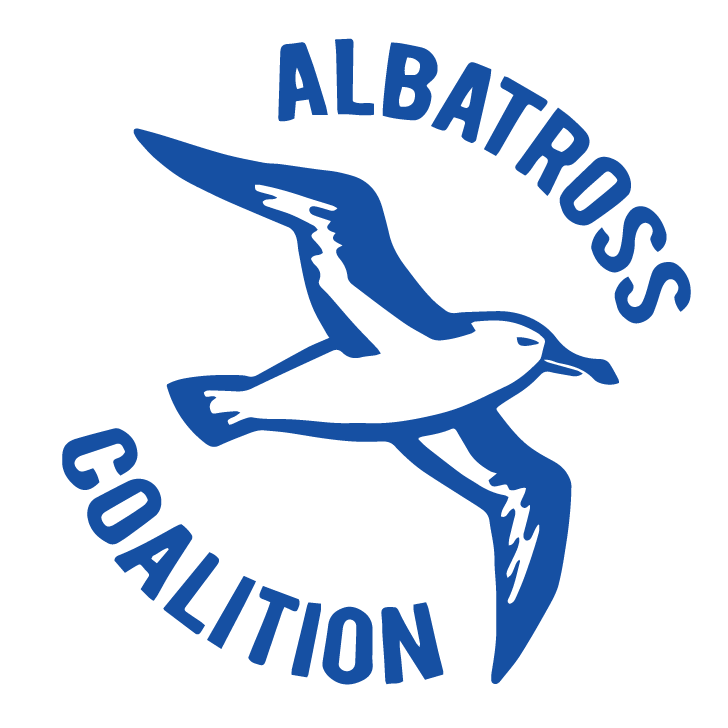Ocean Conservancy
We face many complex challenges when it comes to a clean and healthy ocean, but one problem is simple to understand: Trash.
People know that trash in the water:
- compromises the health of humans, wildlife and the livelihoods that depend on a healthy ocean;
- threatens tourism and recreation, and the critical dollars they add to our local economies;
- complicates shipping and transportation by causing navigation hazards; and
- generates steep bills for retrieval and removal.
Unfortunately, what we see dirtying beaches and floating on the ocean’s surface is just the tip of the iceberg. Much more lies unseen beneath the surface and far away on the open water — but that doesn’t make it any less important.
http://www.oceanconservancy.org/our-work/marine-debris
Report: Ocean Trash Impacts
Our study on the deadliest ocean trash.
Stemming the Tide
Our 2015 report on a way forward to eliminate ocean plastic.
2015 Ocean Trash Index
Download the data collected during the 2014 International Coastal Cleanup.
New Study on Ocean Trash
A new study provides first estimate of how much plastic flows into the ocean.
International Coastal Cleanup
Volunteers collected more than 16 million pounds of trash during Ocean Conservancy’s 2015 International Coastal Cleanup. Here’s what they found.
Talking Trash & Taking Action
A marine debris education partnership between Ocean Conservancy and the NOAA Marine Debris Program.
